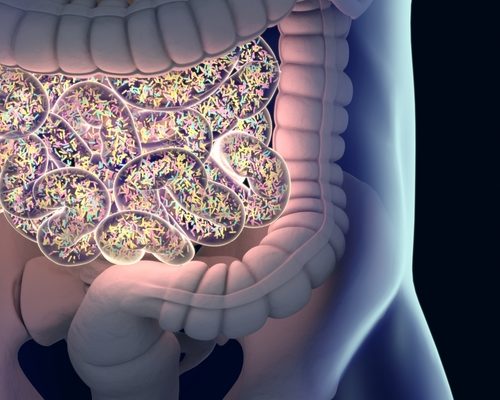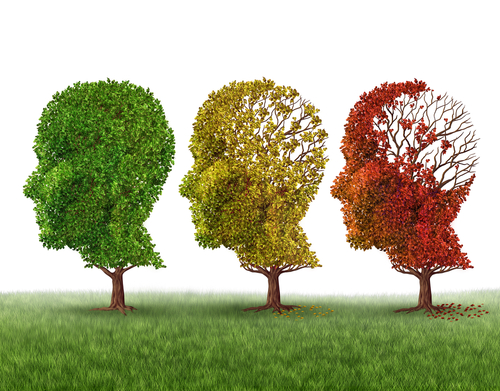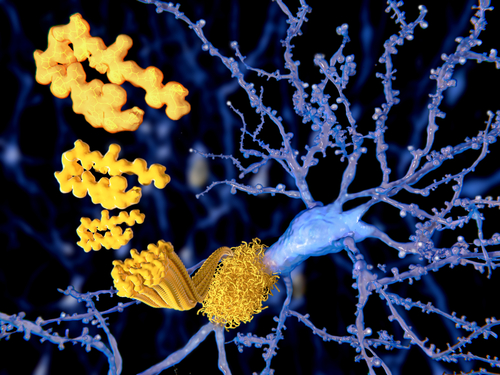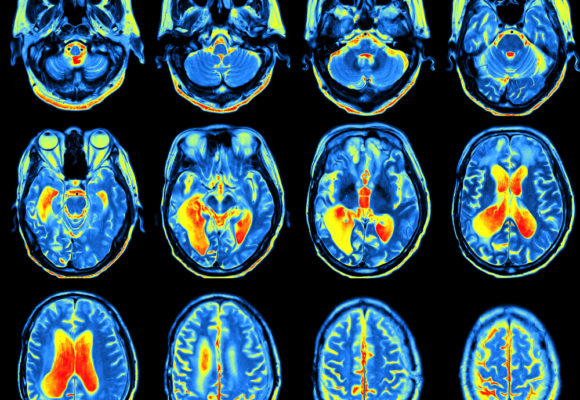This post was originally published on this site A modified Mediterranean-ketogenic diet can regulate bacteria in the gut that may contribute to the development and progression of cognitive impairment and Alzheimer’s disease, results from a pilot study suggest. Those findings come from a small study by researchers at Wake Forest School of Medicine, which was…
About Alzheimer’s Disease
Walking into a room and forgetting why you went into the room is normal. Walking into a room and forgetting what room you are in is not normal. Alzheimer’s disease is the most common form of dementia and affects one in ten people over the age of 65. Unfortunately, the exact cause of Alzheimer’s disease is not fully understood however leading scientific experts in the field attribute the illness to the irreversible and progressive generalized degeneration of the brain. Alzheimer’s disease goes well beyond the forgetfulness that may accompany aging, and typically first signs include difficulty remembering current information or performing new tasks. Ongoing hallmark symptoms include impaired memory function, difficulty performing everyday tasks, and neurobehavioral abnormalities. Currently, there is no known cure for Alzheimer’s disease, and multi-disciplinary treatment focuses on symptom management and limiting progression.
Conditions
Alzheimer’s News
ARPF Set to Host Brain Longevity Therapy Training and Symposium
This post was originally published on this site With the goal of warding off Alzheimer’s disease through integrative medicine, the Alzheimer’s Research and Prevention Foundation (ARPF) will host its third Brain Longevity Therapy Training and Symposium Oct. 24-27 in Scottsdale, Arizona. The Brain Longevity Specialist certification program, which includes yoga training and other techniques, is a…
Caregiver Preparation Is Key to Patient Care During a Catastrophe
This post was originally published on this site At the time of this writing, all eyes are on the Eastern Seaboard of the United States in anticipation of Hurricane Dorian. The state of Florida, all boarded up and awash with storm warnings and watches, braces for Dorian’s arrival as it continues to lash devastating wind…
TREM2 Protein May Slow Memory Impairment in Alzheimer’s, Study Suggests
This post was originally published on this site Higher concentrations of a protein produced exclusively by the brain’s immune cells, called TREM2, may prevent memory decline and lessen brain degeneration in people with Alzheimer’s disease, according to a recent study. The results of the study, “Increased soluble TREM2 in cerebrospinal fluid is associated with reduced…
ATXN1 Gene Tied to Rare Disorder Regulates Key Enzyme in Alzheimer’s
This post was originally published on this site A gene associated with a rare balance disorder also may be involved in susceptibility to Alzheimer’s disease, a new study in mice shows. The study, “Loss of Ataxin-1 Potentiates Alzheimer’s Pathogenesis by Elevating Cerebral BACE1 Transcription,” was published in the journal Cell. Mutations that affect a gene’s function…
Our Family’s Golden Retriever Is More Than Man’s Best Friend
This post was originally published on this site This week, pet lovers across the United States celebrated National Dog Day to bring awareness to the thousands of dogs that need rescuing. My golden retriever is celebrated every day. A last act of love Jack isn’t an official service dog, but he is a helper to…
3D Model Unravels How Beta-amyloid Weakens Brain-Blood Barrier, May Aid in Treatment Discovery
This post was originally published on this site A new 3D model using human cells grown on a chip can mimic what happens in the brain during Alzheimer’s and allow for the screening of possible therapies in a disease where so many fail, including medicines already approved for other conditions. This tissue model also helps…
Understanding Protein Aggregation May Aid Quest for Better Alzheimer’s Treatments
This post was originally published on this site Better understanding the mathematics behind how protein clumps form — and how therapies interfere with this process — may improve treatment strategies for Alzheimer’s, and other diseases, new research suggests. The study, “Optimal control strategies for inhibition of protein aggregation,” was published in PNAS. Protein aggregation is the term…
Managing Caregiver Stress in AD Essential During Back-to-School Time, AFA Says
This post was originally published on this site The strain of caring for someone with Alzheimer’s disease (AD) during the hectic back-to-school season can be overwhelming. For good brain health, the Alzheimer’s Foundation of America (AFA) says it’s essential to take measures to mitigate stress. “It’s super important to make managing stress one of your…
Finding the Motivation to Avoid the ‘Caregiving Slump’
This post was originally published on this site Life doesn’t come to a screeching halt while you care for a person who has Alzheimer’s disease. Time marches on for familial caregivers. There is a certain fluidity to life. We want to go with the flow, but it is difficult as we swim against the current.…
Diet Rich in Choline Aids Memory and Lowers Risk of Dementia, Study Suggests
This post was originally published on this site A diet rich in phosphatidylcholine, a form of the choline found in foods like eggs and meat, was linked to a lower risk of dementia and better memory skills in middle-aged men in Finland, a recent study reports. These findings suggest that choline helps to support cognitive processing, and…
FDG PET Scan More Accurately Assesses Severity of Cognitive Decline in Alzheimer’s, Study Finds
This post was originally published on this site Compared to regular amyloid imaging, fluorodeoxyglucose positron emission tomography (FDG PET), an imaging technique that quantifies brain function by measuring glucose levels, can better assess the progression and severity of cognitive decline in people with Alzheimer’s, and also cognitive impairment, researchers have found. Their study, “18F-FDG Is…













